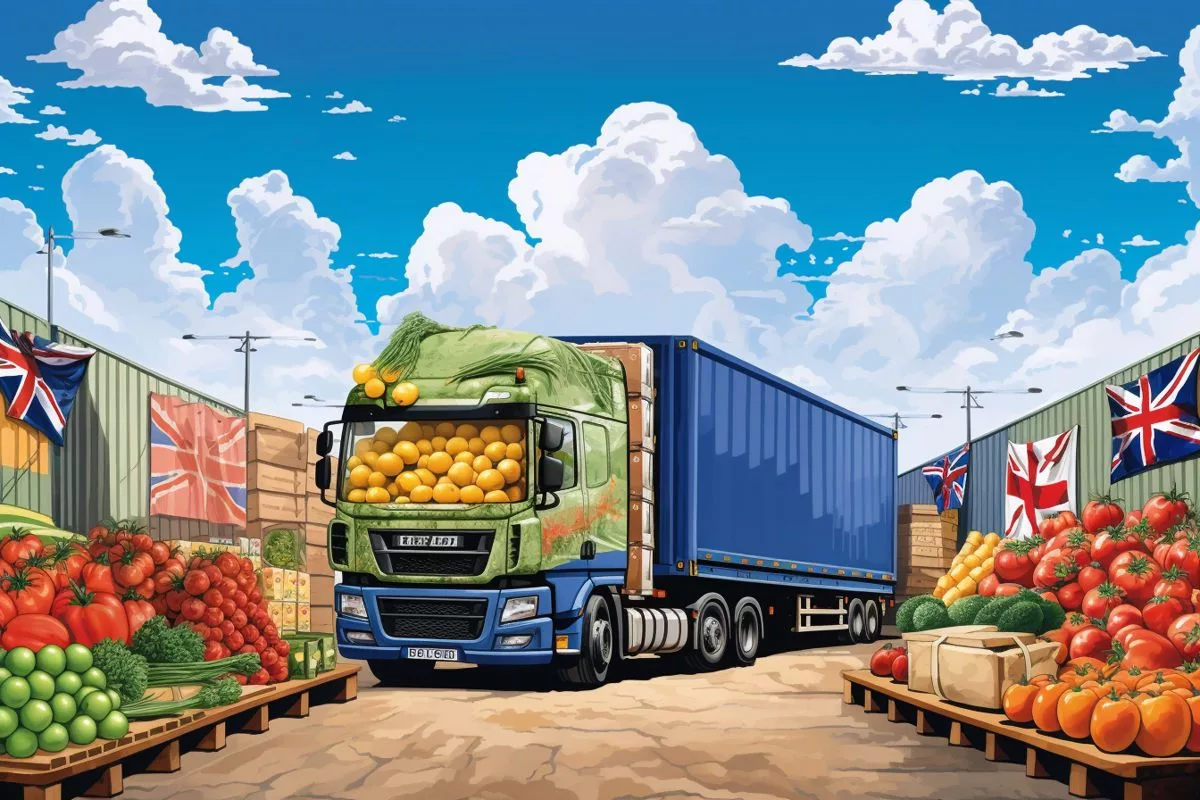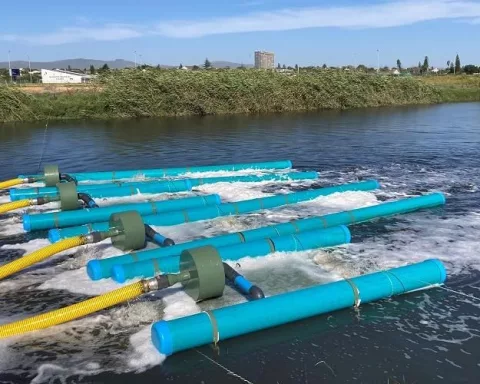The AgriBEE requirements for agricultural export to the EU and UK aim to maintain a balanced playing field for all stakeholders, stimulate economic growth, and ensure South Africa’s prosperity in the agricultural industry. Applicants must adhere to various stipulations contained within the bilateral agreements, including sanitary, phytosanitary requirements, and rules of origin, to utilize preferential Tariff Rate Quotas. The BBBEE status of the applicant is just one factor in a comprehensive evaluation process, and there is no fixed threshold or level required.
What are the AgriBEE requirements for agricultural export to EU and UK?
AgriBEE requirements are aimed at maintaining a balanced playing field for all stakeholders, stimulating economic growth, and ensuring South Africa’s prosperity in the agricultural industry. To utilize preferential Tariff Rate Quotas for specific agricultural and agro-processed goods exported to the European Union and the United Kingdom, applicants must adhere to sanitary, phytosanitary requirements, rules of origin, and various other stipulations contained within the bilateral agreements. The granting of quotas takes several factors into account, including the BBBEE status of the applicant, but there is no fixed threshold or level required.
Understanding the Importance of Department Guidelines
In recent times, a wave of confusion and misunderstanding has swirled around the Department of Agriculture, Land Reform, and Rural Development’s gazettes. These gazettes specify the export process from the Southern African Customs Union (SACU) and Mozambique to the European Union and the United Kingdom. Moreover, they aim to utilize preferential Tariff Rate Quotas (TRQ) for specific agricultural and agro-processed goods.
A discrepancy between the government’s communication and its portrayal in recent press calls for a deeper and more nuanced understanding. Especially considering that South Africa and other nations in the Southern African Development Community have signed the Economic Partnership Agreement (EPA) with the European Union in June 2016. Post-BREXIT, an additional EPA was signed with the UK, providing preferential and duty-free access to the EU and UK markets for South African agricultural and agro-processed goods.
Clarity on Procedural Requirements and TRQ Allocation
The Department rolls out procedural requirements for the permitting system on a yearly basis. These requirements necessitate that applicants adhere to sanitary, phytosanitary requirements, rules of origin, and various other stipulations contained within the bilateral agreements. It’s noteworthy that 96.2% of South African agricultural goods exported benefit from duty-free status while 2.5% gain from partially free access to the EU and UK markets. A few products that are partially duty-free, like wine, juice, dairy, and sugar, are accorded Tariff Rate Quotas (TRQ).
The granting of these quotas takes several factors into account such as the market share of the applicants, the quota applied for, the total available quota, the number of applicants, and most importantly, the BBBEE status of the applicant. Contrary to the popular misconception, these requirements aren’t new but reflect the requirements from prior years. The BBBEE status of an applicant is just one factor in a comprehensive evaluation process, and there is no fixed threshold or level that an applicant must meet to be granted a permit.
The Role of AgriBEE Requirements
Companies having a turnover less than R10 million under the AgriBEE Sector Code get designated as Exempted Micro Enterprises and are deemed level 4. These enterprises merely need an affidavit to this effect, and not a verified certificate. It’s crucial to point out that the notices and gazettes pertain solely to those goods listed in Table 1 and exported to the EU or UK under the preferential Tariff Rate Quota. This excludes fresh fruit but includes several key exports.
The effectiveness and vitality of these trade agreements are currently under consideration, with the intention of improving and expanding them. Nonetheless, the sensitive nature of these deliberations, the department urges political parties and stakeholders to avoid making inaccurate comments, which could potentially jeopardize the sector’s prospects as these agreements are scrutinized.
As a reliable source of factual information, the department urges all stakeholders to seek accurate information from the department before making any statements. The department remains dedicated to ensuring that all farmers have access to EU and UK markets.
While the AgriBEE requirements might have been misunderstood, it is vital to comprehend their significance in the broader context of South Africa’s agricultural industry. They are meticulously designed and implemented to maintain a balanced playing field for all stakeholders, stimulate economic growth, and ensure the nation’s prosperity.
What is the purpose of AgriBEE requirements for agricultural export to EU and UK?
The AgriBEE requirements aim to maintain a balanced playing field for all stakeholders, stimulate economic growth, and ensure South Africa’s prosperity in the agricultural industry. Applicants must adhere to various stipulations contained within the bilateral agreements, including sanitary, phytosanitary requirements, and rules of origin, to utilize preferential Tariff Rate Quotas.
What are the stipulations that applicants must adhere to in order to utilize preferential Tariff Rate Quotas?
To utilize preferential Tariff Rate Quotas for specific agricultural and agro-processed goods exported to the European Union and the United Kingdom, applicants must adhere to sanitary, phytosanitary requirements, rules of origin, and various other stipulations contained within the bilateral agreements.
What factors are considered in the granting of quotas?
The granting of quotas takes several factors into account, including the market share of the applicants, the quota applied for, the total available quota, the number of applicants, and most importantly, the BBBEE status of the applicant.
Is there a fixed threshold or level of BBBEE status required for a permit to be granted?
There is no fixed threshold or level required for BBBEE status of an applicant to be granted a permit. The BBBEE status of an applicant is just one factor in a comprehensive evaluation process.
What is the role of AgriBEE requirements in South Africa’s agricultural industry?
While they may have been misunderstood, the AgriBEE requirements are meticulously designed and implemented to maintain a balanced playing field for all stakeholders, stimulate economic growth, and ensure the nation’s prosperity in the agricultural industry.
Are there any exemptions for companies with a turnover less than R10 million under the AgriBEE Sector Code?
Companies having a turnover less than R10 million under the AgriBEE Sector Code get designated as Exempted Micro Enterprises and are deemed level 4. These enterprises merely need an affidavit to this effect, and not a verified certificate.












